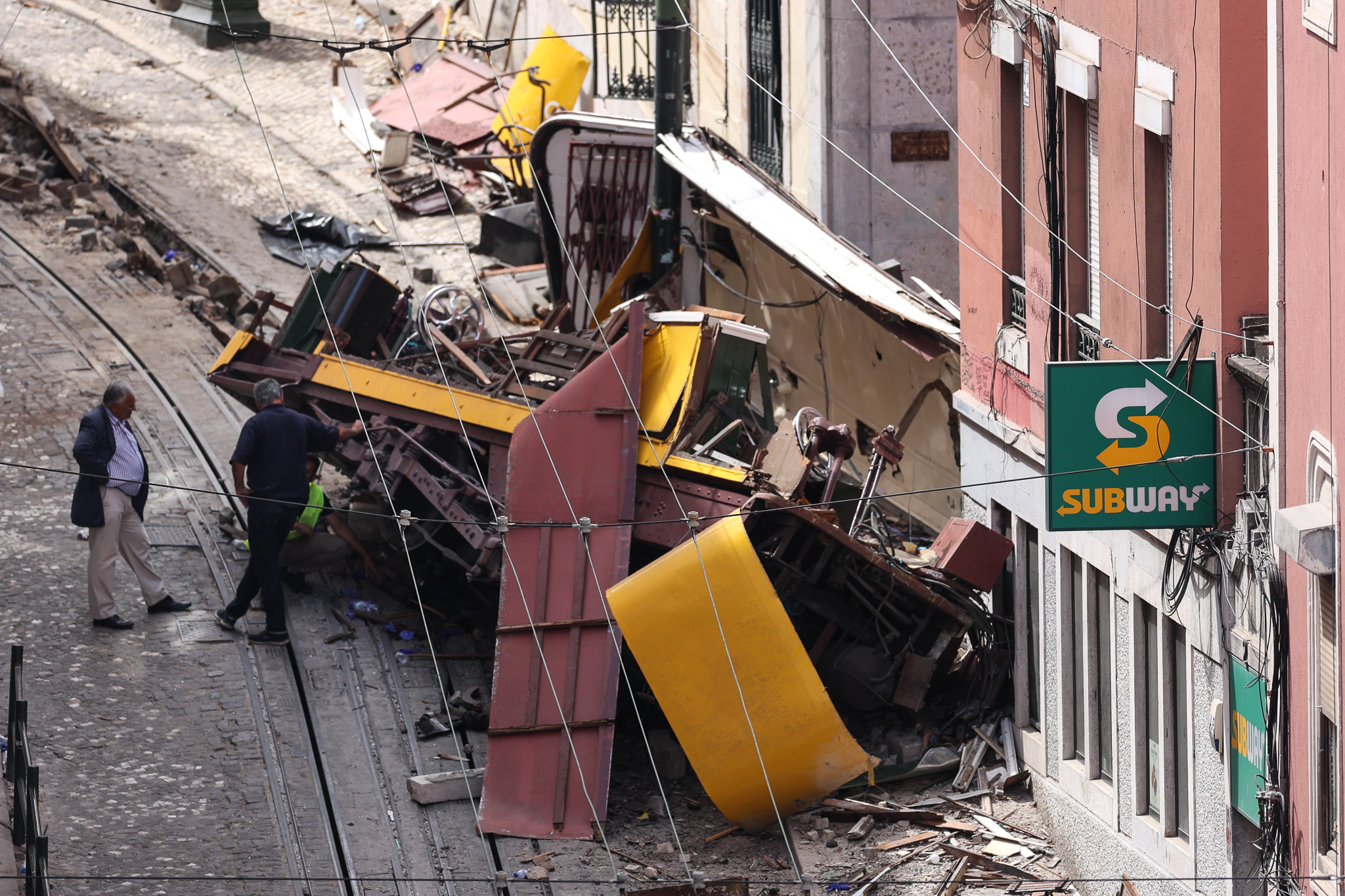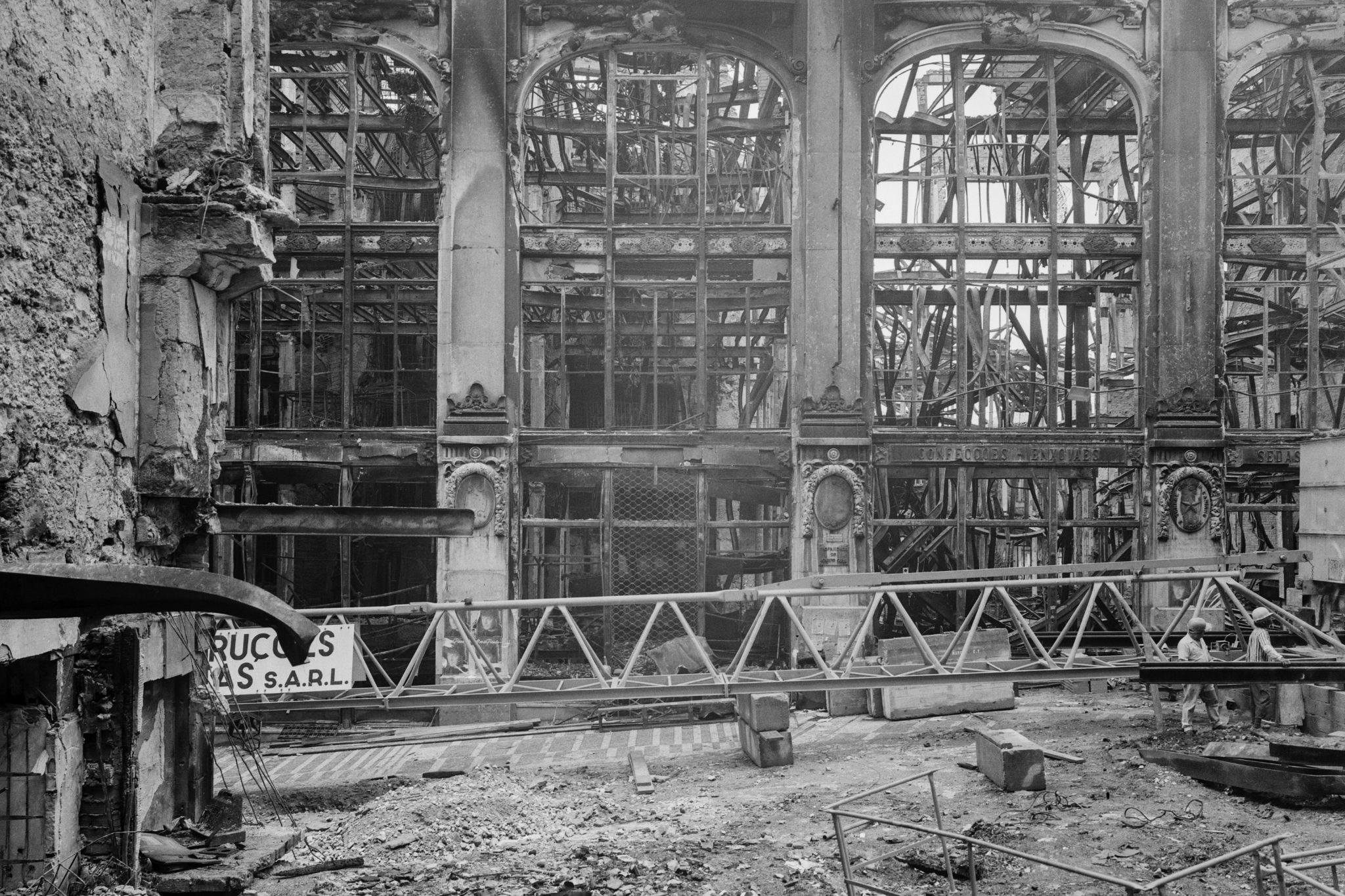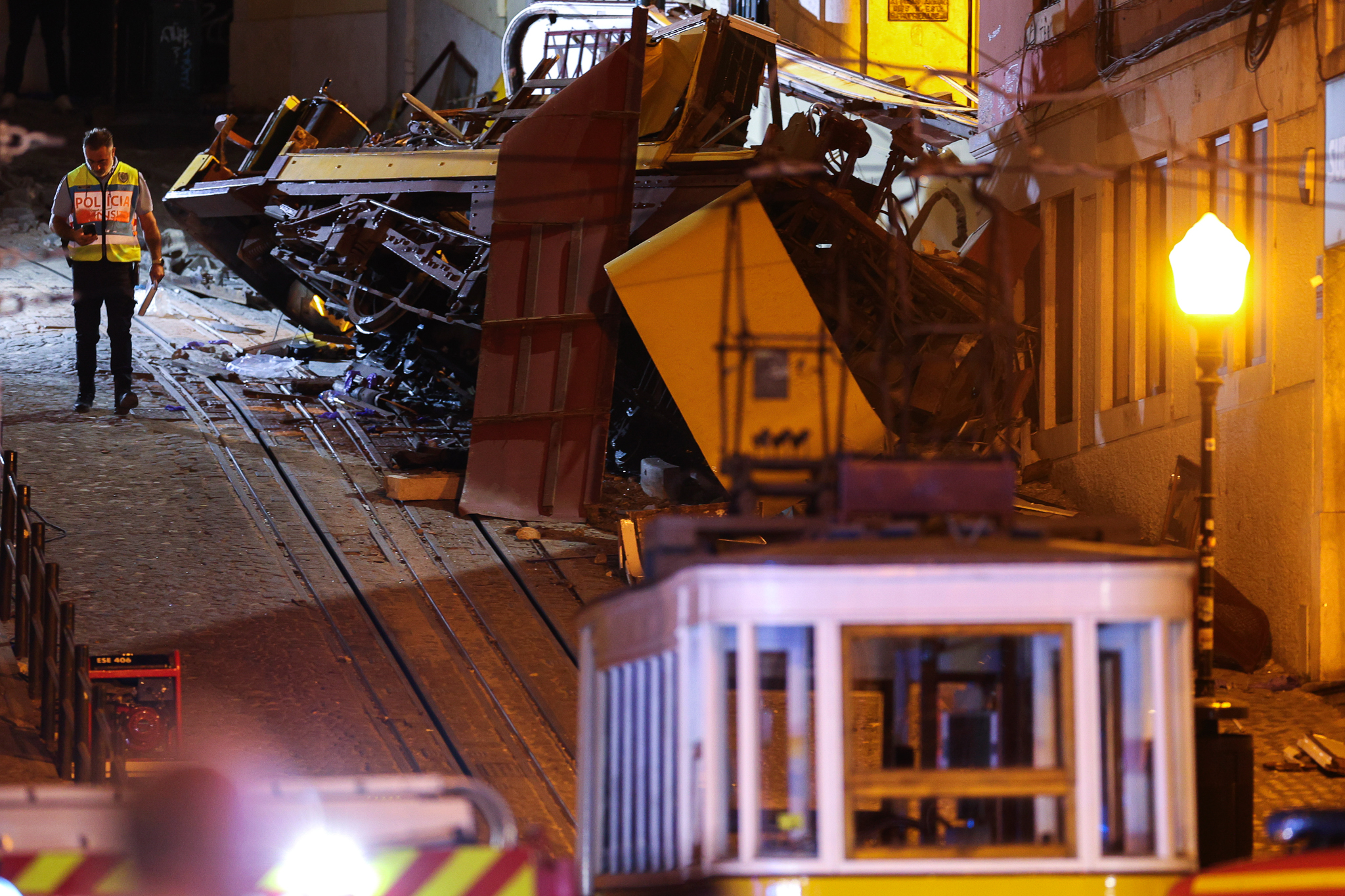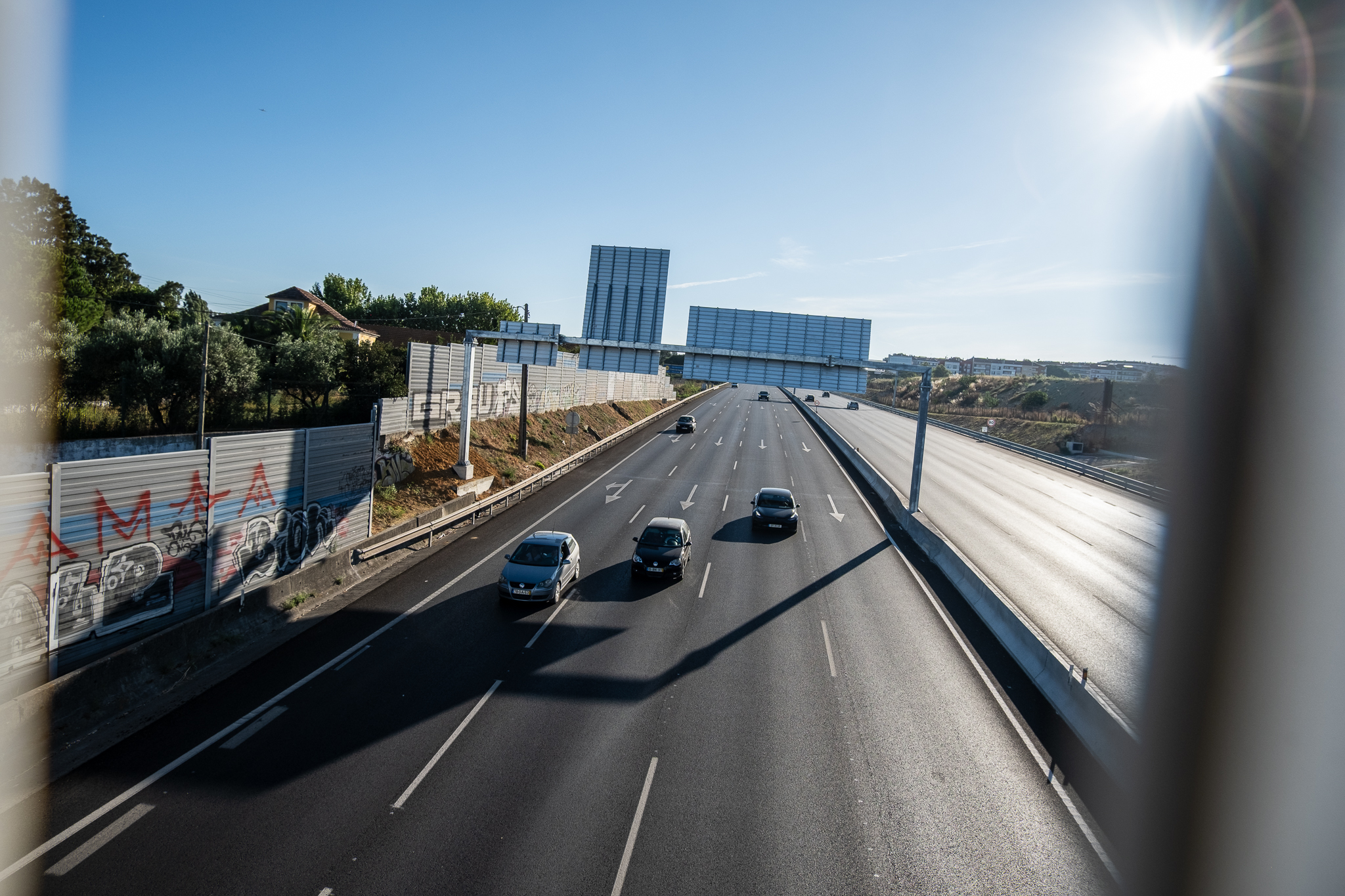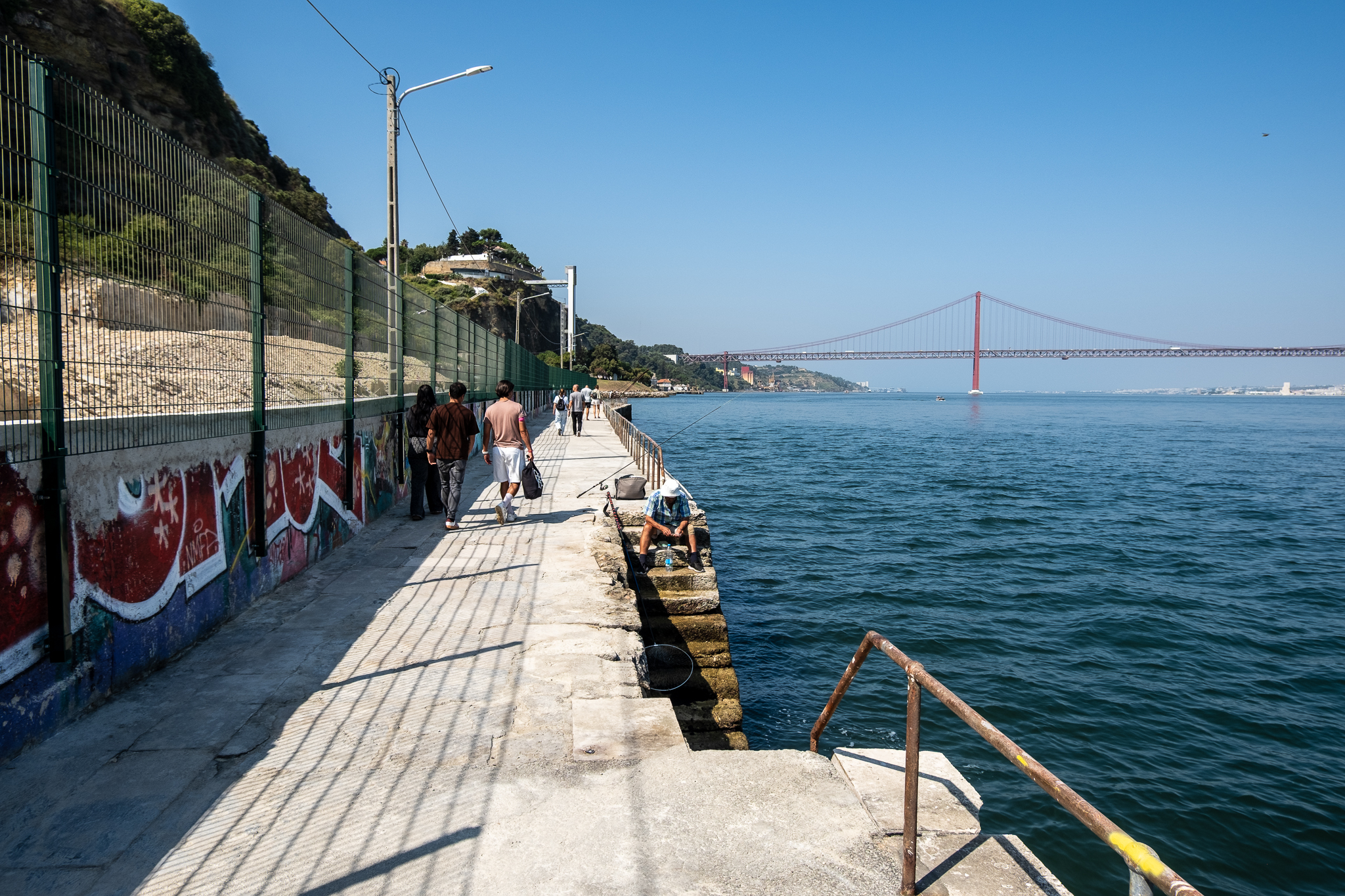The administration of the Lisbon Metro announced last week the hiring of conductors and operational workers. Unions had delivered, the week before, a 24-hour strike notice.

After ten partial strikes since the beginning of the yearthe management of Metro de Lisboa, the Ministry responsible for the company and the unions representing the workers talked to reach an understanding that would reconcile labor demands with the normal operation of the transport service. One of the unions' demands - the hiring of new workers - is already being implemented.
Last Thursday, June 16, Metro de Lisboa announced that it was now open for business. tender for 22 commercial operators to be promoted to train drivers, through internal progression. The company said that, at the same time, eight tenders were already open and another five tenders would be opened by July 31 to reinforce the workforce.
Metro says it is responding to the "main demands" of the unions
These hirings follow an authorization granted by the Ministry of the Environment and Climate Action, which oversees the Lisbon Metro, for the hiring 58 workers this year34 traffic officers, 13 maintenance officers, two site inspectors and nine specialized technicians. This measure represents an increase in personnel costs of 3.6 million euros, according to Duarte Cordeiro's ministry.
Metro de Lisboa believes that "the recruitment authorization granted here makes it possible to respond to the main demands" trade unions, "insofar as it enables: a) the immediate hiring of workers, as well as the respective career progressions in order to fill existing vacancies; b) making up for the shortage of machinists with the progression of 22 workers; c) the re-establishment of the staff of movement foremen; d) the appointment of three traction foremen and two traction inspectors.".
According to the company, with this authorization now granted by the government "coupled with prior authorization to extend the Company Agreement (CA) for another year", "the necessary conditions for a constructive negotiation of the current SA are met" and to be found "joint solutions to improve working conditions and pay" in the transport company, whose "biggest asset" are its workers.
24-hour strike notice
The previous week, from June 6 to 9, was marked by high waiting times at various times of the day and on different days of the week. All because Lisbon Metro workers met in six different plenary sessions to discuss "the last two proposals" presented by Metro's management - to resolve the existing conflict in the company's Operational Directorate (DOP), which includes the train drivers, and which motivated the ten partial strikes - as well as "a proposal on collective bargaining" (an EA or Company Agreement, a document that the Metro management signs with the unions, establishing joint commitments and understandings).
In press release published on June 9, the unions representing these workers said that "both proposals were rejected outright, and a strike notice was voted on and approved for all services on the 26th of this month". If this strike is confirmed, it will be the Lisbon Metro's first 24-hour total stoppage this year.
The workers also decided that week to maintain the strike over overtime and special events that is taking place throughout June, blocking a possible extension of the Lisbon Metro's operating hours on the night of Santa António (from June 12 to 13) and on the nights of Rock In Rio, as has happened in previous years.
In the same note, the unions wrote that the six plenaries were "very well attended, in an unequivocal demonstration of the workers' determination to ensure that the poor negotiating results obtained in recent years are not repeated". The unions demand "better working conditions, which will only happen with the rapid hiring of new workers, decent pay rises, career progression and above all, particularly in the PDO area, respect from management".
Lisbon Metro workers are represented by six different unions: o STRUP - Union of Road and Urban Transport Workers of Portugal, the STTM - Sindicato dos Trabalhadores da Tracção do Metropolitano de Lisboa; o SINDEM - Sindicato da Manutenção do Metropolitano; o SITRA - Transport Workers' Union; o SITESE - Union of Service Sector Workers; and the STMETRO - Lisbon Underground Workers' Union. These unions gain expression through FECTRANS - Federation of Transport and Communications Unions.
Metro management responds to unions
The plenary sessions held and the decisions taken by the workers and their representative unions took place before last week's news of the launch of career progression competitions and the hiring of new workers, so it is not known whether the 24-hour strike will continue - but nothing has yet indicated otherwise.
The fact is, After the announcement of the strike on June 10, the management of Metro de Lisboa sent the following clarification to the media:
a) The company has been negotiating a wide range of issues with the trade unions in the area of operation, particularly in relation to the number of workers in charge and the staffing of jobs, internal recruitment and the way in which train drivers are organized;
b) These include:
i) the non-assignment of driving duties in the first 15 minutes of entering and re-entering normal working periods, a reduction in empty journeys without passengers and special arrangements for counting them towards crew time;
ii) greater flexibility in changing services and vacations, the way in which kilometers traveled are accounted for and valued.
c) Negotiations have progressed and the company has presented a final proposal, which it believes meets the demands of the workers. Unfortunately, however, the proposal was not received favorably by the trade unions, and the company is waiting to send a counter-proposal in order to overcome the impasse;
d) In parallel with this negotiation process regarding the strikes, regular meetings have been held between the company and the trade unions as part of the collective bargaining process/2022, and the company has presented a negotiation proposal that includes an increase in the salary scale and the extension of the term of the company agreement by another year, i.e. an extended term until December 31, 2025, safeguarding the interests and rights of the workers;
e) The extension of the term had been put forward by the trade unions as an essential condition for the continuation of meetings regarding the 2022 negotiation process in a climate of dialogue and consensus.
Metro de Lisboa indicated that it remained "available for dialogue and the search for joint solutions to improve working conditions and remuneration, maintaining its commitment to increasing the number of staff essential to the operation and expansion and modernization of its transport network". He also said that "has actively sought solutions, calls for consideration of the proposals made and remains willing to build a solution that serves both parties".

